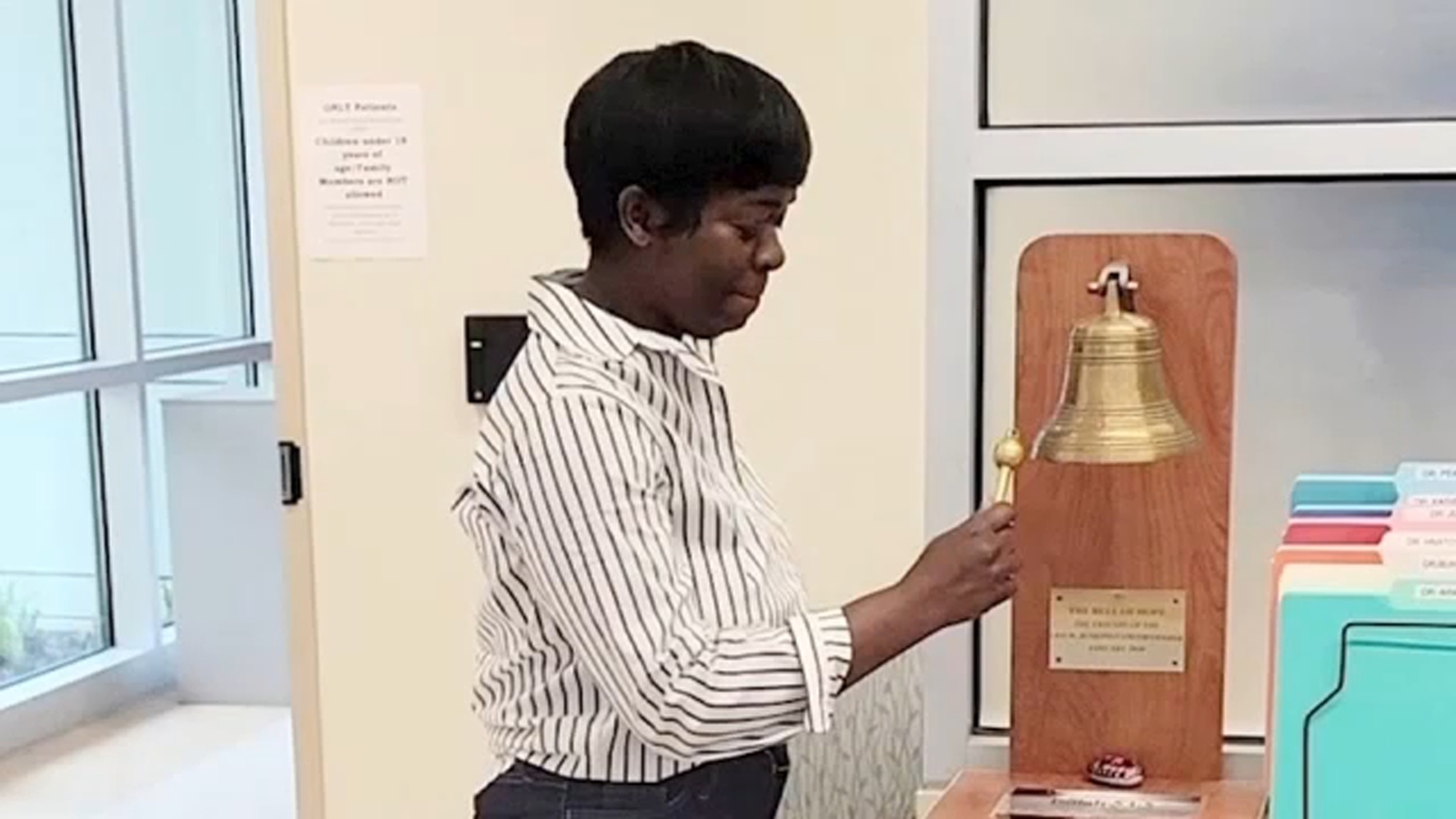WILSON, N.C. — Saptosa Foster, a 49-year-old resident of Wilson, has been quietly facing a challenging battle against breast cancer over the past year. Hers is a story of resilience against odds that seemed insurmountable, especially considering that breast cancer had never been a concern in her family.
“Breast cancer looks like me. I never thought I’d ever say that because I had never had any chronic illnesses growing up,” Foster shared. She describes herself as the strong friend who seldom asks for help, making her current situation all the more profound.
Foster has always prioritized her health, consistently attending mammograms. In April 2024, a routine screening at Wilson Medical Center revealed a stage 1 tumor, despite her having no apparent symptoms. “This was not a tumor you could feel. It was the size of a pencil eraser. I do self-breast exams,” she noted, emphasizing the importance of regular check-ups.
In June 2024, she underwent a lumpectomy. During her recovery, Foster often found solace on her backyard patio, reflecting on her journey. Fortunately, her doctors informed her that chemotherapy was unnecessary, although she did receive a localized form of radiation.
Throughout her treatment, she stayed at the American Cancer Society’s Hope Lodge in Greenville, which she described as a significant support. “This was a huge, huge blessing just to be able to have this detected when it was. So many things lined up in my favor. I feel it’s important to talk and tell people about how it doesn’t have to be a death sentence,” Foster remarked, emphasizing the role of early detection in her successful treatment.
Statistics from the American Cancer Society reveal that approximately 1 in 8 women in the United States is diagnosed with breast cancer. Black women face a particularly alarming reality: they tend to receive diagnoses at more advanced stages, contributing to the lowest survival rates at each stage of the disease.
In light of these disparities, Tammy Messercola from the American Cancer Society is urging for more research into the specific challenges faced by Black women. “We want to know why. Are they being treated differently? Is it their environment? What is it?” she questioned, highlighting the need for a deeper understanding of these factors.
To address these concerns, the American Cancer Society is launching a new initiative called the Voices of Black Women, aimed at improving early detection practices among Black women. Foster’s story underscores the importance of this initiative, as she has been a cancer survivor since June of 2024. Her journey culminated in a poignant moment when she rang the bell to celebrate her recovery, grateful for the early detection that played a vital role in her fight against cancer.
She attributes her strength and resilience to therapy and the unwavering support from her community. In particular, Foster acknowledges her mother’s role in providing comfort and encouragement throughout what has been the toughest year of her life. “It takes a village to not only raise a child, but to keep an adult alive, too. I’m so grateful I had that village,” she reflected, underlining the significance of support systems in coping with health crises.
As a part of raising awareness around breast cancer, the American Cancer Society is organizing the Making Strides Against Breast Cancer walk on Saturday, October 25, 2025, at the Durham Bulls Athletic Park, set to begin at 8:00 a.m. This event is a part of ongoing efforts to promote education, support, and research in the fight against breast cancer, especially among populations at higher risk.
Foster’s experience emphasizes the critical role of regular screenings and community support in early detection and successful treatment outcomes. Her story serves as a reminder that awareness and advocacy can save lives.






